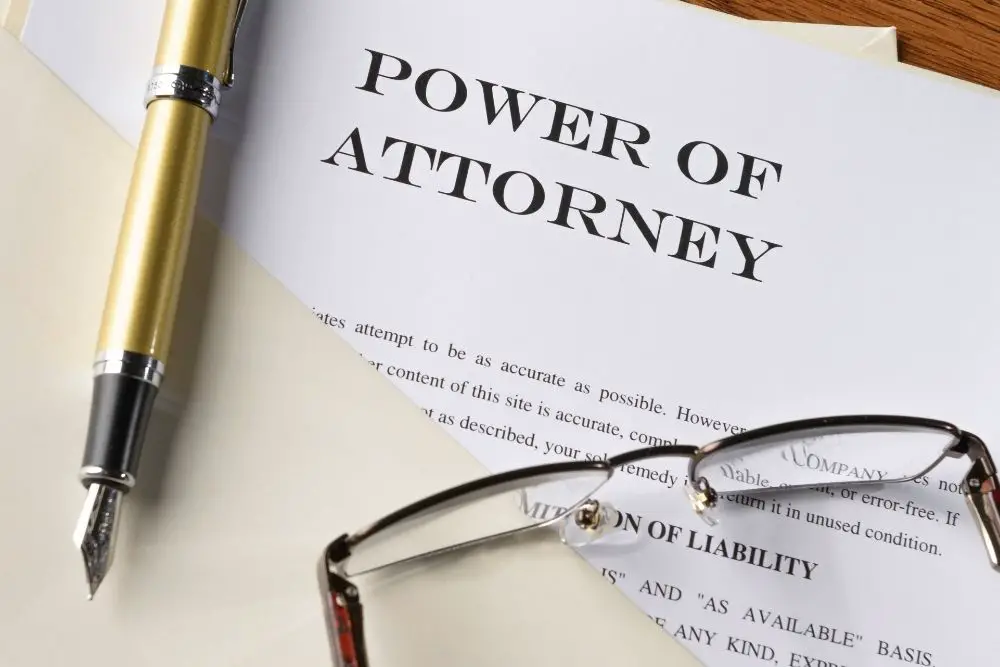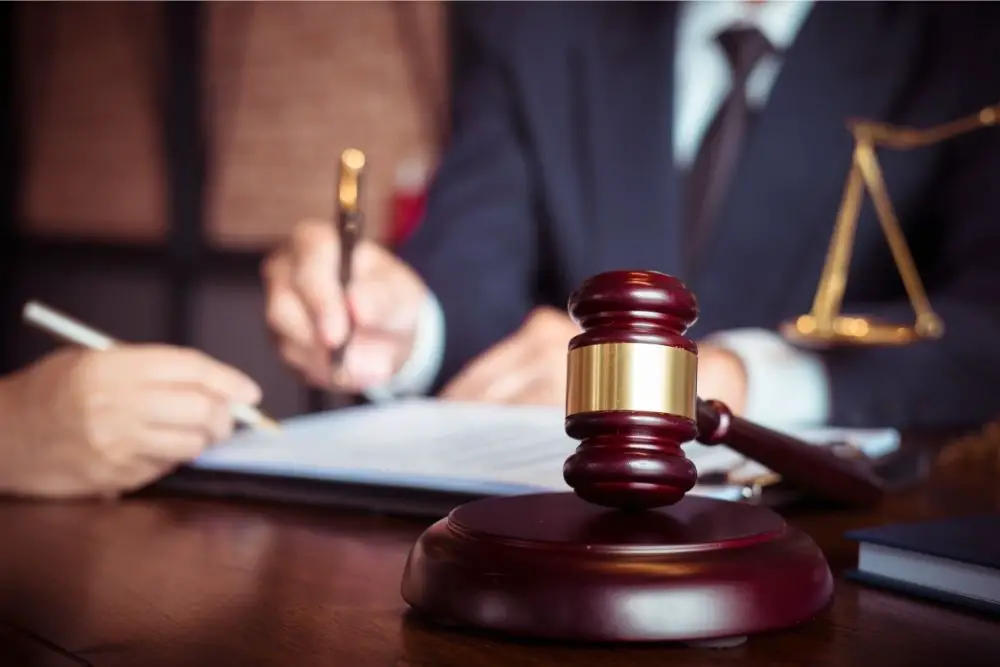Last Updated on May 11, 2022 by Fair Punishment Team
Getting married is a huge decision to make in your life, but some might argue that assigning power of attorney is even more important. When you assign power of attorney to somebody, you are giving that individual the ability to make a lot of different medical and financial decisions on your behalf (if you are unable to make them). So, it is crucial that this is not a decision that you take lightly.
Abuse of power of attorney is incredibly common, and it is even more common for people to realize they have chosen the wrong person after they have made the decision. If you realize this, then you might then want to take that power away from them. However, it is likely that you don’t know how to do this. In this guide, we’ll be taking a look at just that, so keep on reading.

What is Power of Attorney?
First things first, let’s take a look at what power of attorney is. As you probably know, power of attorney, or letter of attorney as it is sometimes called, is very important. When you give power of attorney, you are giving written permission for somebody else to make financial and medical decisions on your behalf.
If something were to happen to you that would prevent you from making your own decisions, or if you simply don’t want to, then your power of attorney can make these decisions for you.
When you sign a power of attorney, you will usually assign this to a specific person. When you give Power of Attorney to someone, you become known as the Principal. There are two main times when your Power of Attorney might need to act on your behalf.
They are if you are unable to be present to sign legal documents, or if a temporary or permanent illness/disability leaves you unable to make these decisions for yourself.
Once you have assigned somebody your Power of Attorney, they will often retain this position for a long time. Most of the time, once you are assigned Power of Attorney, you will retain this position until the person passes away.
Alternatively, you may cease to be that person’s power of attorney if they try to take it away from you. But is this something that can be done? Let’s take a look.
Can you Take Power of Attorney Away from Someone?
You can’t always trust people, and that is why assigning someone your Power of Attorney is such a big deal. But, even when you think that you know somebody, something that could happen that might lead you to feel that you have made the wrong decision.
If this is the case, then you are likely wondering if you can take the Power of Attorney away from that person. You will be happy to hear that, yes, you can.
In fact, an individual deciding to remove somebody as their Power of Attorney is one of the main reasons why someone would cease to have this position. This would also occur if the Power of Attorney were unable to fulfil the position, or if a Court were to take the power away from them.
There is one catch when it comes to removing someone as Power of Attorney, and that is that it can only be done if you are of sound mind. As long as you can prove this, then removing Power of Attorney is actually pretty simple. All you need to do is submit a formal revocation form. This will revoke the Power of Attorney from the individual, allowing you to assign it to somebody else if you wish.

The Different Types of Power of Attorney
So, yes, you can take Power of Attorney away from somebody if you wish. But, before we take a further look at how to do this, let’s take a look at the different types of Power of Attorney that exist. What a lot of people don’t know is that there are different types of Power of Attorney, so let’s take a look at what they are.
There are two primary types of Power of Attorney that exist. They are General Power of Attorney, and Limited Powers of Attorney. As well as this, there are some special types of Power of Attorney that exist, these all fall under Durable Power of Attorney (DPOA).
General Power of Attorney allows the individual to act for the Principal in line with State law. This will differ depending on what area of the USA you are from, but it will usually include the ability to file taxes, handle bank accounts, and manage assets (both fixed and liquid).
Whereas a person who is given Limited Powers of Attorney will only be able to control certain things. The things that the individual is able to control and manage will be dictated by the Principal.
Durable Power of Attorney (DPOA) differs because this type of Power of Attorney continues even if the Principal becomes mentally incapacitated. So, if you agree for somebody to become your DPOA, they will remain in this position, even once you cannot make decisions yourself.
There are a couple of types of DPOA that exist, but they primarily include Financial Power of Attorney, and Healthcare Power of Attorney (HCPA). So, if you use these Power of Attorney methods, one person will be in charge of your finances, and another in charge of your healthcare needs if you become incapacitated.
Who can Override a Power of Attorney?
When it comes to taking Power of Attorney away from somebody, there are 2 people who can do this. They are the Principal, if they are of sound mind at the time, and a Judge. Alternatively, Power of Attorney might simply end.
This is because a lot of Power of Attorney documents come with a time limit. So, when the time restriction ends, the person will stop being Power of Attorney for the Principal. Likewise, if you have simply assigned someone Power of Attorney not Durable Power of Attorney, then that agreement will cease if you become mentally incapacitated.

Who can be your Power of Attorney?
From a legal standpoint, you can name pretty much anybody your Power of Attorney. The only thing that will really influence this is your State of mind when making the decision. If there are signs that you are being forced to make someone your Power of Attorney against your free will, then it is likely that the agreement will not go through.
But, most of the time, you can make anybody your Power of Attorney, and that is why it is so important that you take time with this decision.
The person that you name your Power of Attorney should be capable of making decisions, and they should be somebody that you can trust. If you are unable to be present or make your own decisions, for whatever reason, the responsibility will be passed onto this person, so you have to know that they are going to do a good job.
This is why most people appoint a close family member, friend, or spouse to do the job, or you could simply assign your Power of Attorney to your lawyer for added security.
Summary
In short, it is actually pretty easy to take the Power of Attorney away from somebody. As long as you are mentally competent then you can remove Power of Attorney by simply filing a formal revocation form with the court. Then Power of Attorney will be revoked, and you will be able to assign it to somebody else.

